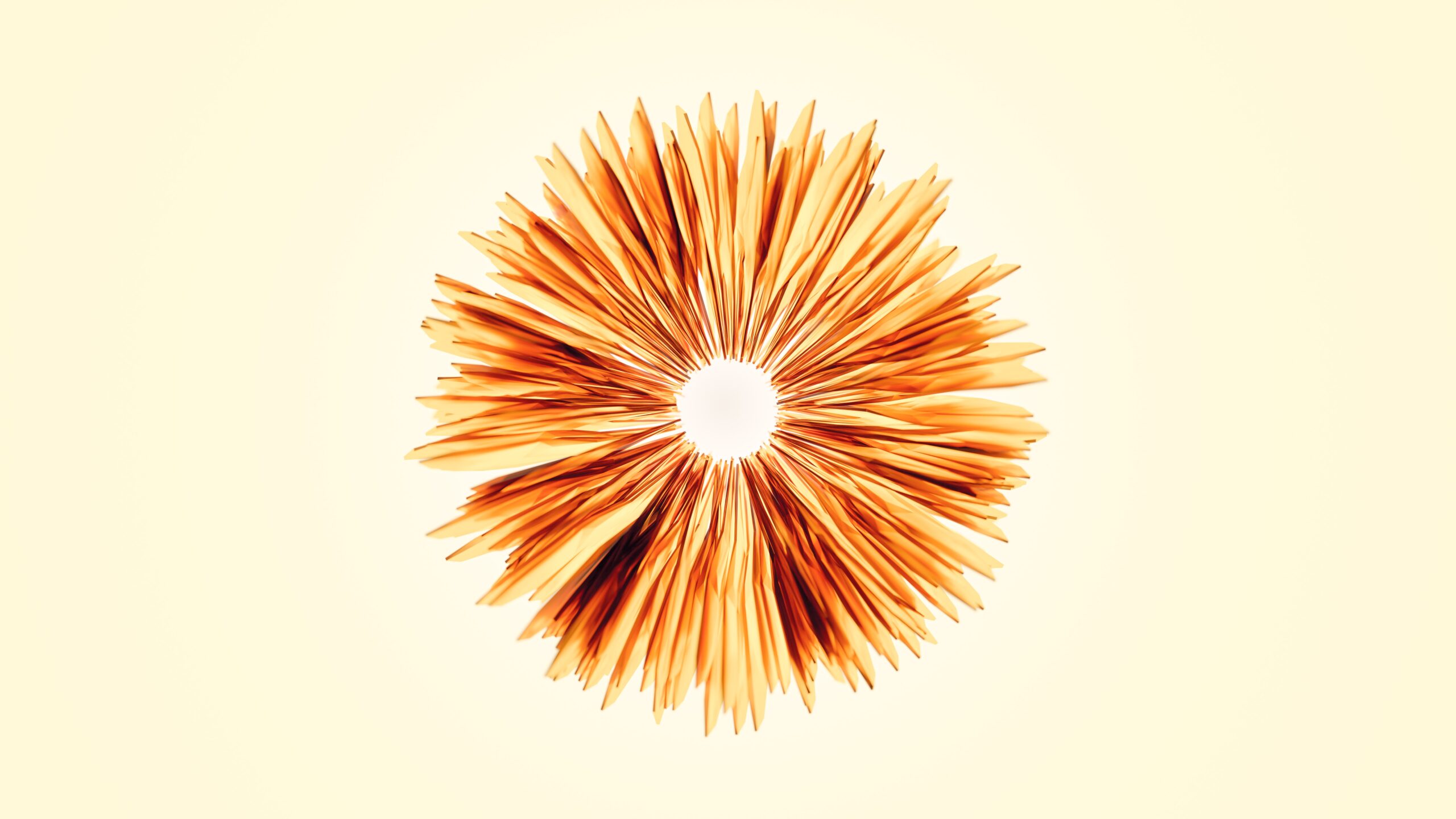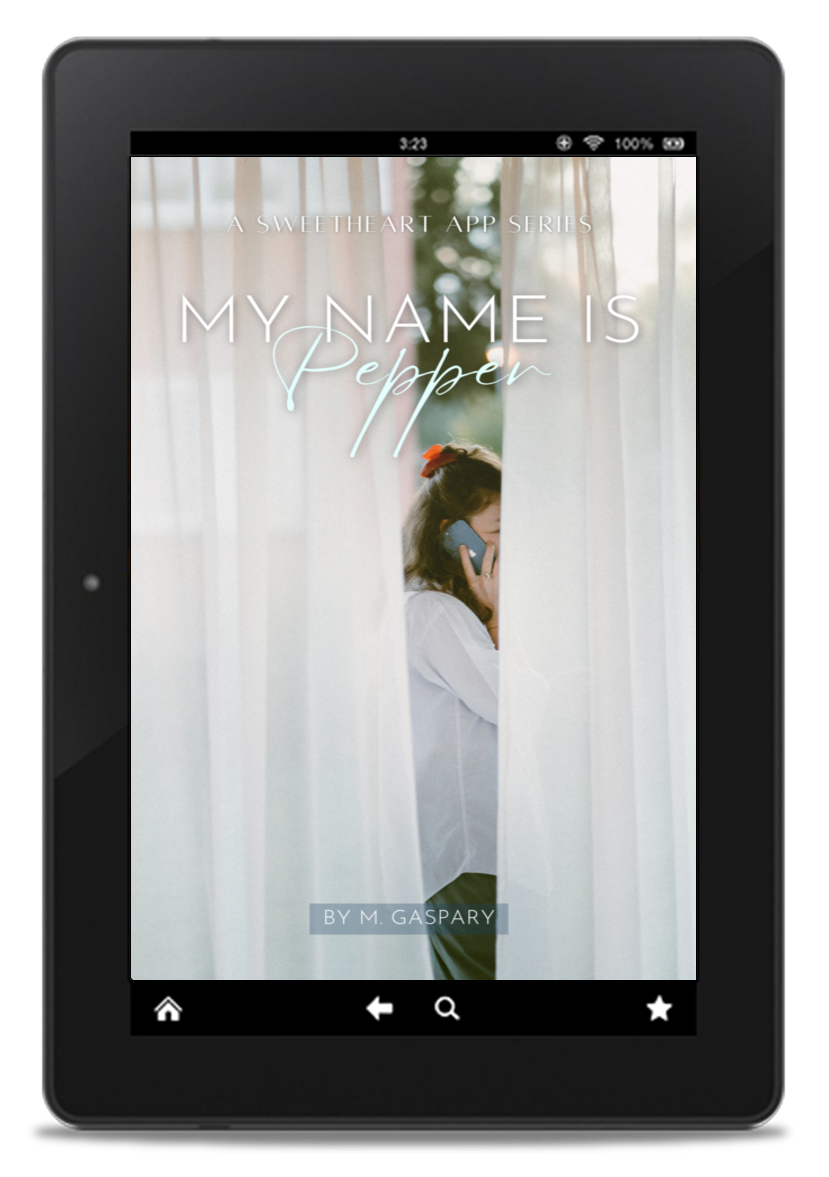What makes a day in the life of a writer? What makes a day in a writer’s life that’s interesting enough before one feels content and joyful at peace? I mean, do we just spend the rest of the day every day writing and nothing else? Come on!
I know you are mesmerized by how and what authors do on a daily basis. If you have a close family member or a friend who is a writer, I understand the curiosity, as the majority of us dislike small talk. Besides, we don’t have time for dilly-dallies.
In your head, questions like do I follow a certain ritual before writing, do I drink black coffee (or is it really necessary coffee or cappuccino?) while watching the overlooking view of the mountain ridges, do I find the time to slack off after days of long work, do I spend my break time writing daily journal prompts, and so on, and so forth.
Table of Contents
- But before we start, I want to tell you something.
- What Makes a Day in the Life of a Writer?
- Does the writer’s daily routine unconsciously sharpen intuition?
- On Probing How to Harness Intuition Using Science
- Strong Writers vs Average & Wannabees: What Sets Them Apart?
- My Final Thoughts

But before we start, I want to tell you something.
If you think that real-life writers, freelance or full-time, enjoy these things, that is far from reality! The fact is, we’re a group of desperate people who try to wrack our brains as much as we can to produce a top-quality piece for others’ profit. This is why it’s no surprise that many of us fall into the traps of feeling lack.
When left ignored and downplayed, a writer could experience anhedonia (losing interest in the things they once loved). None of the simplest things in life can give someone joy because of the writer’s overwhelming self-hatred that has been way too deep and way too late to mend.
As lucrative as the freelance content writing careers could be, not everyone has the same level of commitment or resilience to endure years-long social isolation. Let alone the unimaginable mental wars that plagued our heads.
| Disclaimer: Wait, hold on a second! Personally, I don’t want to discourage anyone to pursue this career. Seriously, if you like to become a writer and earn an income from it, there’s no doubt it’s a lucrative choice. I know because I did. 🙂 |
In my case, it has been seven years of almost not seeing everybody, except for my closest family members. Honestly, I have no other social engagements like meeting with old high school or college classmates and schoolmates. In the few times they met over the past ten years, I only met them once. Sad story, right?
Looking at myself sharing these kinds of stories challenged my resistance to loosen up and to allow myself to be vulnerable and real. Hopefully, this post could shed a light on many concerns you’ve been concealing all this time.
If there’s anything you like to ask me personally, please don’t hesitate to send me an email using the contact form below this page. Give me at least 24 hours before I can get back to you. Alright?
All set? Let’s start. Shall we?
What Makes a Day in the Life of a Writer?
Like you, I’ve also been wondering what other writers do every day, especially those with more than one bestseller under their belts. Do they have a special or authoritarian routine to follow with such discipline to achieve that level of writing success?
You know what, trying to compare two writers’ different lifestyles is foolish. The two of them may have similarities in routines or writing processes. But none of them will be exactly the same, which is considerably invalid to formulate generalizations.
According to Kate Krake, author of The Three Pillar Author: A Manifesto for a Successful Writer’s Life, this is how she described the writer’s life:
“Every author’s life looks different. Some of us write full time, others work in slips of time in between the cracks of living other lives, working day jobs, caring for relatives, full-time parenting, and the rest.
Some writers need to write every day, others can get by [sic] a few times a week. Some writers outline, others make it up as they go. Some write epic novels, some write micro-fiction. Some write one type of story, going deep into a single dimension of their creativity, others swing between genres and styles wherever their muse takes them.
Some need music to write, some need silence, some need coffee, some need tarot, some need the nightly news.”
(Krake, 5)
In short, there is no specific itinerary, if you will. The life of a writer, regardless of our backgrounds, follows the same journey of positive and negative experiences; and they, in turn, become the threads that sew the foundation of their masterpiece, their piece of work they could truly be proud of.

Does the writer’s daily routine unconsciously sharpen intuition?
Interestingly, there are some people who wanted to figure this out. At least, they tried to understand the complexity of the life of a writer. In 2017, a group of researchers published A Psychobiographical Study of Intuition in a Writer’s Life: Paulo Coelho Revisited.
In their study, they wanted to observe some of the world’s extraordinary individuals, “to uncover and reconstruct the selected individual’s life through the focus on intuition and intuitive decision making by exploring conscious and unconscious life decisions.”
And to find out the interrelationship between the writer’s daily routine and harnessing intuition, they chose Paulo Coelho as the research subject for an interesting reason.
What makes the life of a writer interesting for researchers
Based on their published article, they described the Brazilian author as “the world-known writer and novelist who has overcome many difficulties and challenges in his life to become a healthy and faithful person,” (Mayer & Maree, 2017).
In other words, their research simply intends to quantify the processes involved in Coelho’s ability to overcome their struggles with such a positive outlook towards life. Not only did overcome the struggles, but he also inspired the world with his thoughts, beautifully written in words. His books are distributed worldwide and translated into different languages.
With all this said, it seems that the scientific community starts to care about standardizing the processes involved in using merely intuition in most life decisions for everyone’s benefit. Consequently, this is where Krake’s definition of the Three Pillar Author comes into the picture.
On Probing How to Harness Intuition Using Science
If we relate her argument with the researchers’ quest to identify Coelho’s mysterious superpower of intuition and intuitive decision-making, she wrote parts that could potentially describe what the scholars may or may not have been missing from the beginning of the study.
The truth is Coelho is simply being self-aware. Perhaps, at an early age, he unconsciously trained himself in the practice of self-awareness. He knows what happened to him and is completely aware of the successful future he achieved as a world-renowned author.
Yet, he’s clearly shown how he strived to keep himself grounded no matter how many times he felt discomfort, enduring the negativity in his environment. For sure, you know that it doesn’t feel good when you can’t fight back. You know “an eye for an eye, a tooth for a tooth.”
If you were in his shoes, can you imagine holding yourself back from the temptation to confront someone verbally and/or physically after everything they’ve done to you? Do you think you can do that for a long time?
In each event, Coehlo has mastered self-control and mindfulness that oozes in his presence. His worldwide influence resulted in creating positive ripples through his craft, through his passion to write. Simply put, he is just doing his job as a writer. To scribble his thoughts until he’s unable.

Strong Writers vs Average & Wannabees: What Sets Them Apart?
Despite the countless number of emotional and mental breakdowns, despite the long social isolation, in spite of literally every painful sacrifice and compromise you have done for this career, if you still choose to stay and continue writing, there’s no doubt that you’re a strong writer. The fire inside you fuels the engine of your determination.
Writers, who have reached the pinnacles of their publishing dreams, can attest to the same journey. Are they strong writers? Certainly, they are. Otherwise, they wouldn’t have managed to finish their work.
I know how intense the competition is in the content writing industry. Even with the list of professional writing experiences I have, they aren’t enough to get more clients. Finding writing opportunities that pay fair has always been my struggle until today. Generous clients in the digital marketing industry as a whole are definitely a rare find. (If you find one, don’t fuck it up!)
Here’s the “Real” life of a writer: It’s not what you often expect from pop culture.
If this is my case, even with years of experience and an impressive web profile, how much more for entry-level, aspiring content writers like you? You haven’t started working for content writing agencies yet. You’re only about to get started.
If you have been working as a freelance content writer right now, think of how you felt when you overworked yourself for this writing job, for this company that doesn’t treat you well nor pays you on time.
As much as you want to quit and search for a new one, you know it ain’t easy, too. The worst thing is that you have a family to support financially. And if you choose to quit this damn writing job because you feel undervalued, then, you’re about to enter the gates heading south.
Although I’m normally a highly competitive person, the intensity and fierceness of the competition online and the long-term constant exposure to such toxic environments took a toll on every aspect of my life. But no matter how much I try to avoid writing in the last 10 years, it seems like writing chooses me.
All strong writers have an unwavering author’s mindset to overcome fear.
Given the extraordinarily positive influence of authors like Paulo Coelho, contrary to what these people have experienced in childhood, you could easily see the person’s inner strength gathered in such volumes, and their capability to stay resilient and positive. As you may know, this is the author’s mindset that you have to develop as early as now.
For instance, your family, friends, or relatives may have been discouraging you from doing something you want. You prefer spending time writing for hours and earning money at home than doing anything else.
If you have the author’s mindset, you can overcome this dilemma without being disrespectful to your loved ones. Whenever they criticize you, you simply ignore them, trying not to cause trouble. You would rather choose to hustle in silence because you know the end result of your efforts.
The same thing goes with writers and their relationship with writing. As Krake wrote in her book, she said:
“Cultivating self involves becoming aware of your intuition and learning to trust your gut, not just in terms of your creative decisions, but in everything.
Listen to your feelings and thoughts. You know when something isn’t right. Your active thoughts might not know it, but the negativity will manifest in other ways such as anxiety, worry, irritability, procrastination, self-doubt, and Resistance.”
(Krake, 32-33)

My Final Thoughts
There’s nothing special about the writer’s lives, although we may appear invisible in many social events. In most cases, we feel awkward in any social situation. So, please don’t misunderstand our intentions of avoiding you. If you’re curious to know, it has nothing about you, and definitely, there’s nothing wrong with you.
It’s just that we turbocharge our minds a lot that zone out whenever we’re away from our desks. We may appear antisocial in a way that our view of normal isn’t the same as yours. Our lifestyle doesn’t follow the 9 to 5 like everybody. So, we’re most awake in the wee hours of the night while every person in the town rests and dreams. Sometimes, we have none.
Though we make an income from what we love to do, we still have to make sure we can pay the bills. And our writing skills alone aren’t enough to stand out in the marketplace.
We have to learn how to sell ourselves the best way we can to ensure our income. We have no paid leave. We can’t just say, ‘No, we can’t deliver today because we are sick.’
When you spend a day in the life of a writer, I hope you will start to appreciate your loved ones and friends who are currently working as freelance writers. What they’ve gone through to get to where they are right now was never an easy feat.




Leave a Reply